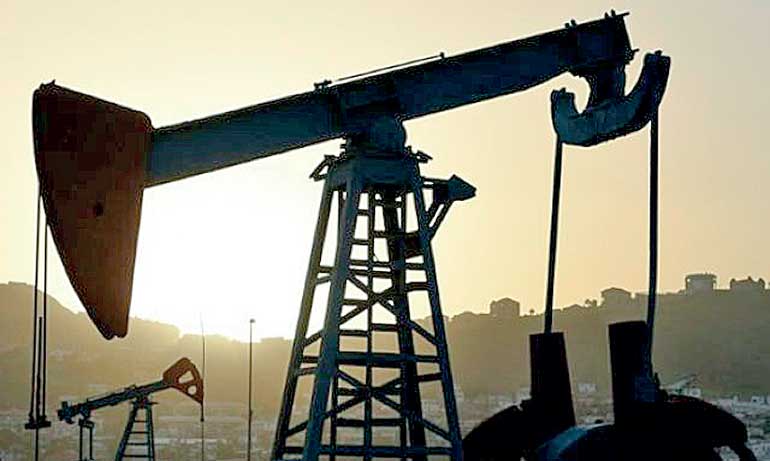Thursday Feb 19, 2026
Thursday Feb 19, 2026
Monday, 7 December 2015 00:00 - - {{hitsCtrl.values.hits}}

AFP (New York): Oil prices sank on Friday (Dec 4) as the OPEC cartel decided not to cut output despite the global oversupply that is battering the market. T h e 1 3 - m e m b e r O r g a n i z a t i o n o f t h e Pe t r o l e u m E x p o r t i n g Countries, which pumps about 40% of the world’s crude oil, took no action to shore up the market and observers said it appeared to be in disarray after meeting in Vienna. The hands-off decision pushed US oil back below $ 40 a barrel, after closing at the level Wednesday for the first time since August. US benchmark West Texas Intermediate tumbled $ 1.11, or 2.7%, to $ 39.97 a barrel on the New York Mercantile Exchange. Brent North Sea crude for January delivery, the international benchmark for oil, fell to $ 43.00 a barrel in London, down 84 cents (1.9%) from Thursday’s settlement. “The market did not take the announcement out of OPEC very well today as OPEC appears to really be in disarray among its members and they took the path of least resistance, which was to do nothing and wait to see if things get better,” said Andy Lipow of Lipow Oil Associates. With OPEC countries producing an estimated 32 million barrels per day, above the group’s agreed 30 million barrel target, and with Iran expected to resume substantial exports next year, hopes were that the group would take steps to lower supplies. But, breaking from recent practice, it published no figures on output in its postmeeting statement, and put off a production reassessment to its next meeting on 2 June 2016. OPEC Secretary General Abdullah el-Badri said the group “decided to postpone this decision to the next OPEC meeting until the picture will be... clearer for us to decide on a number.” James Williams at WTRG Economics said the prolonged interval before the next OPEC meeting indicates “they do not seem to think that there will be an agreement this spring.” “By then they have a better feel for Iranian production; how much damage has been done to shale production; and how many offshore and oil sands projects have been delayed or scrapped,” Williams said. OPEC member Iran will be able to raise crude output when sanctions are lifted - expected early next year - under a deal agreed in July with world powers over its controversial nuclear program.